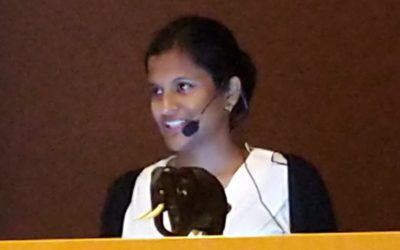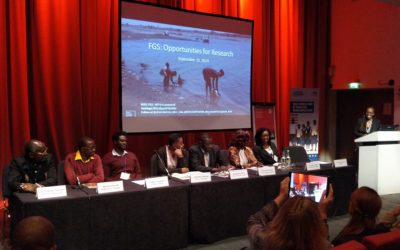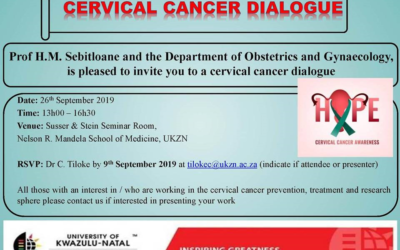Press
A core objective of BRIGHT Academy is to share our results, progress, and to increase the knowledge about Bilharzia.
In order to see the latest news about BRIGHT Academy: News section
Do you want to know what we are doing?
Follow us on Twitter.
A collection of high resolution downloadable photographs of the people of BRIGHT and our work can be found in our photo gallery.
For more questions please contact our communication officer:
Ida Amelie Mayes: [email protected]
South Africa no: (+27) 76 692 819
Norwegian no: (+47) 906 56 702
Follow on social media
Although the situations portrayed on this website are typical of the research none of the persons in this website are research patients (study participants). None of the persons portrayed in the treatment and investigative situations are minors. They have kindly given their permissions to publish the images.
Kinldy credit photographer Håvard Holme.
Critical PhD
Dr Hashini Galappaththi-Arachchige defended her doctoral thesis where she explored the accuracy of different diagnostic tools. She found that we must find other methods to identify Female Genital Schistosomiasis. She described how river water contact is associated with genital symptoms in adolescent girls and young women in rural South Africa. ## Dean of University of Oslo Professor Borghild Roald leads the prossession, followed by Prof Charles King (Case Western University, United States), Prof Kyllike Christensen (Karolinska University Hospital, Sweden), Professor Annetine Staff (University of Oslo, Norway) and PhD Candidate Hashini Nilushika Galappaththi-Arachchige (Medical doctor, PhD) Sri Lanka/Norway/South... read moreOn making FGS diagnosis accessible
Patients with Female Genital Schistosomiasis (FGS) are not being diagnosed, neither in rural health care nor in university hospitals. We are on the brink of making FGS diagnosis accessible where the patients are: (a) the WHO Pocket Atlas for FGS has been given to every African country but for the Portuguese version, which is in press. (b) clinicians have started using or WHO Pocket Atlas for FGS. (c) the UNAIDS has invited FGS diagnosis, prevention and management into their clinics. (d) FGS has for the first time been incorporated into the health professionals’ curricula, starting with nurses’ curriculum in Ethiopia. (e) more than 400 gynaecologists have had it as part of their colposcopy training in KwaZulu-Natal, South Africa. Dr Pamela Mbabazi from the World Health Organisation leads a session on Female Genital Schistosomiasis. In the panel Professor Tchuem-tchuente and a group of... read moreJoining hands to prevent cervical cancer
Prof Motshedisi has her work cut out for her with 3 epidemics in KwaZulu-Natal that contribute to cervical cancer: (1) Human Papillomavirus – we have a vaccine for children, this has been rolled out. (2) HIV – we have ART, this is available. (3) Schistosomiaisis – we can prevent it with Praziquantel in childhood, this is still needs to be managed.... read moreNo Results Found
The page you requested could not be found. Try refining your search, or use the navigation above to locate the post.



